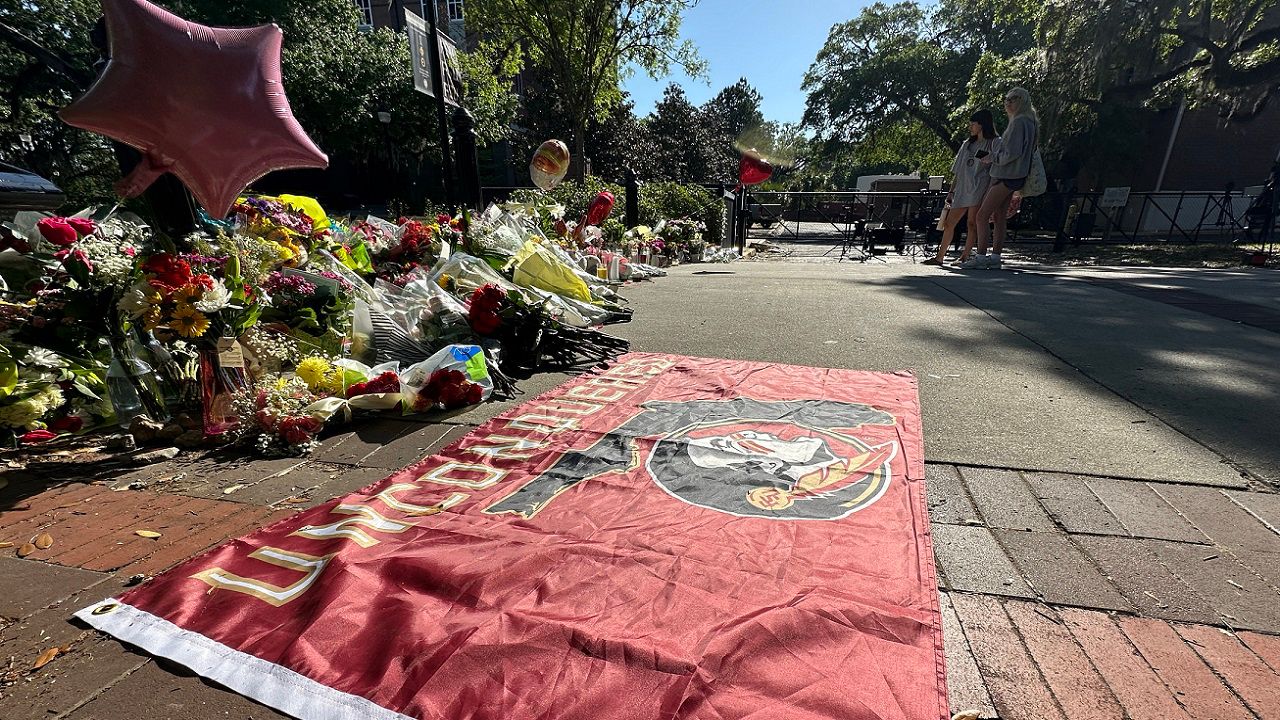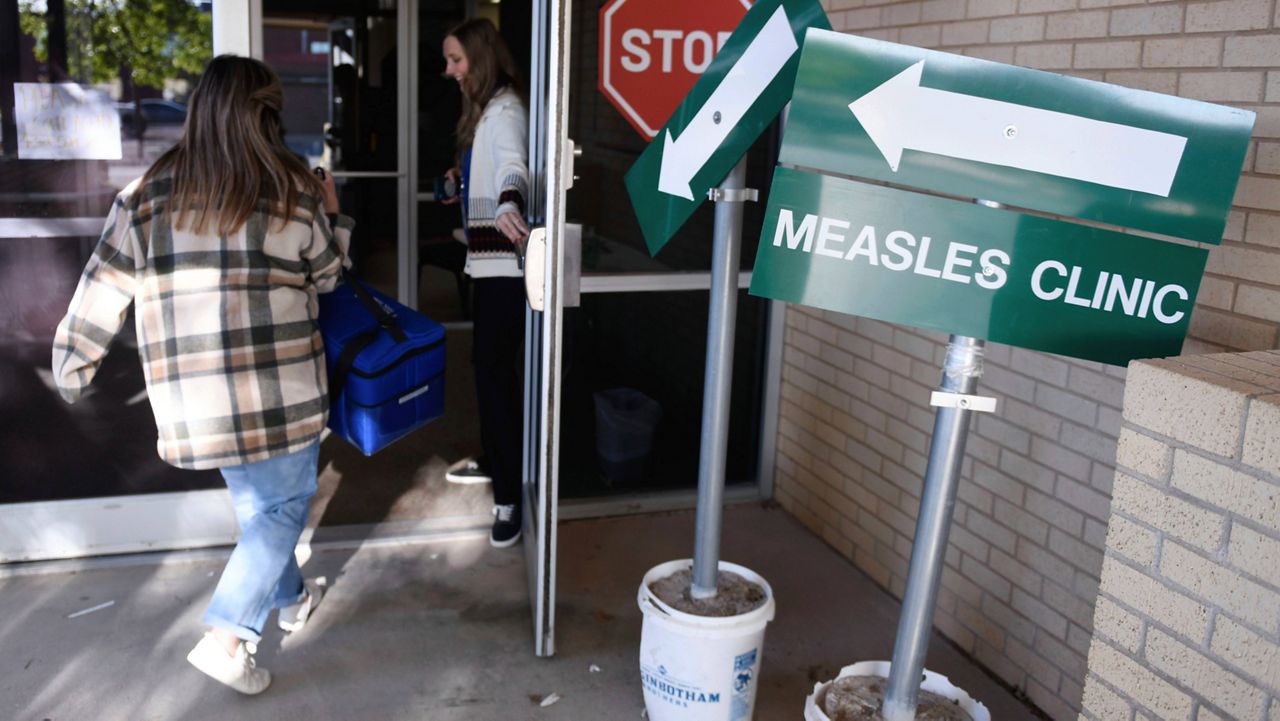LOS ANGELES — In a recent study on third-grade students in California, only 4 in 10 kids can read at grade level. It’s one of the lowest literacy rates in the country and why a Southern California Assemblywoman Blanca Rubio is trying to get a new bill passed to change the way kids learn to read.
Jared Valdez is a sixth-grade student in Los Angeles who says he loves to read.
“My reading is pretty good,” he said. “I like chapter books.”
And yet it didn’t always come easy for Jared. His mom, Rocio Lorsa, says she watched as he struggled early on. She says teachers would try to teach him letter by letter and word by word so he could better understand. After two years, she says she noticed a genuine difference that unlocked his potential.
But his story is a lot like many others in California, kids struggling to learn the basics of reading.
That’s where EdVoice comes in. It’s a nonprofit that aims to change education policy in the state with a focus on low-income communities.
“If your child is coming from a low-income community, it’s a good chance they will not know how to read when they finish elementary school,” CEO Marshall Tuck explained. “Reading is the gateway to knowledge and opportunity. If you can’t read, you won’t have success in history or math or science or any subject.”
EdVoice is pushing for California Assembly Bill 2222. Assemblywoman Blanca Rubio introduced the bill and says it would update the literacy standards at all public elementary schools in the state, while implementing a research-backed approach called “The Science of Reading.”
“The goal is to make sure that we have strategies that are science and data informed to make sure that our children are literate when they exit our elementary schools,” said Rubio.
But not everyone is on board with the idea.
Shelly Spiegel Coleman is the strategic adviser for Californians Together.
“This legislation is just going in the wrong direction,” Coleman said. The teacher of over 30 years says a one size-fits-all approach to reading ignores the diverse learning needs of students.
“It needs to be much broader, and it needs to encompass a variety of ways that we know students need to learn and not be restricted just to the science of reading,” she said.
Coleman also said she believes the bill oversteps its boundaries.
“Do we really think the role of legislators is to tell districts and teachers how to teach? That’s not the role of the local politicians or the legislature,” she said.











